“A lot of work on resilience has focused on the capacity to absorb shocks and still maintain function. But, there is also another aspect of resilience that concerns the capacity for renewal, re-organization, and development, which has been less in focus but is essential for the sustainability discourse.” – Folke, 2006
Resiliency can be thought of as “a system’s capacity to absorb disturbance and re-organize into a fully functioning system. It includes not only a system’s capacity to return to the state (or multiple states) that existed before the disturbance, but also to advance the state through learning and adaptation.”
When trying it comes to vulnerabilities in a region’s resiliency, two categories are often considered: rapid onset hazards and slow onset pressures—or shocks & stressors.
Rapid onset hazards—shocks
- Fire
- Flood
- Heatwaves
- Intense cold snaps
- Drought
- Power outages
- Infrastructure emergencies
- Tornados
- Earthquakes
- Hurricanes
- Disease pandemics
- International trade disturbances including to food chains and fuel, economic shocks
- Extremist activity including terrorist and cyber attacks
- Social upheaval
These rapid onset events require an immediate response, much like the recent events that transpired as a result of the COVID-19 pandemic. Government officials and our nation’s leaders were forced to response very quickly and make difficult decisions for the sake of our health and safety.
Slow onset pressures—chronic stresses
- Population growth, decline, or sprawl
- Social inequality
- Unemployment
- Diminishing natural assets
- Climate change and all associated effects of decreased heat, cold, rain, and season length
- Inequality
- Changing or stagnating governance
Slow onset events allow an individual or community the opportunity to change or modify existing behaviours and practices to reduce the impact of a hazard while the event is unfolding. A perfect example of this for our region is the restoration of our freshwater resources. Becoming more resilient, in this case, might include implementing more water conservation practices or developing new, more sustainable land use policies.
Understanding these different hazards helps us see what hurdles we have to continually overcome to become more resilient as a region.
At the Winnipeg Metropolitan Region and Lake Friendly Inc. we firmly believe that resilience for Manitoba means working together as one region as opposed to as individual communities.


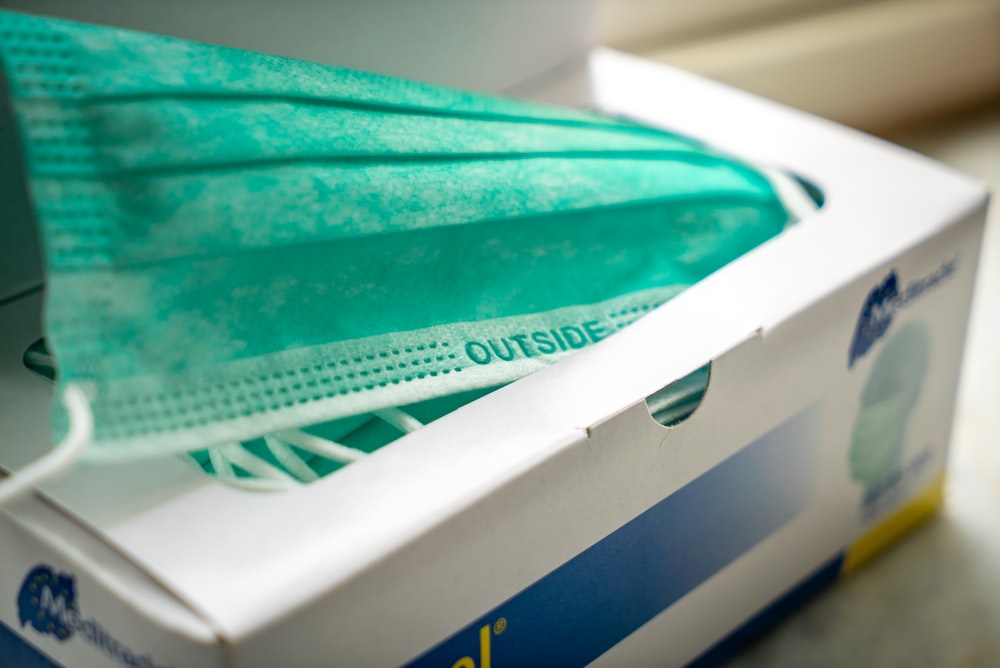
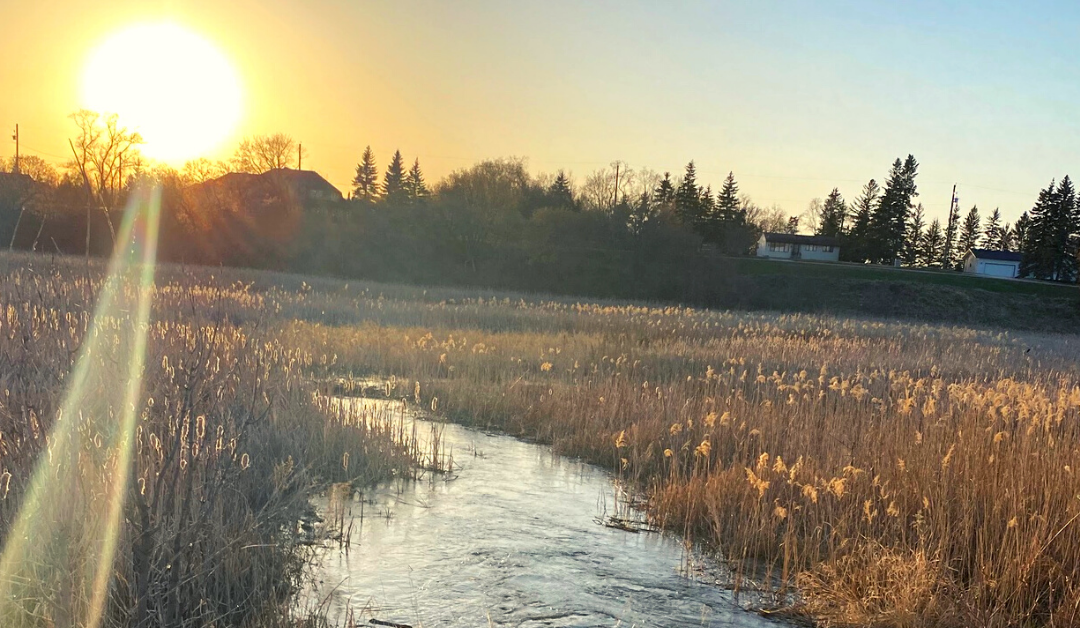
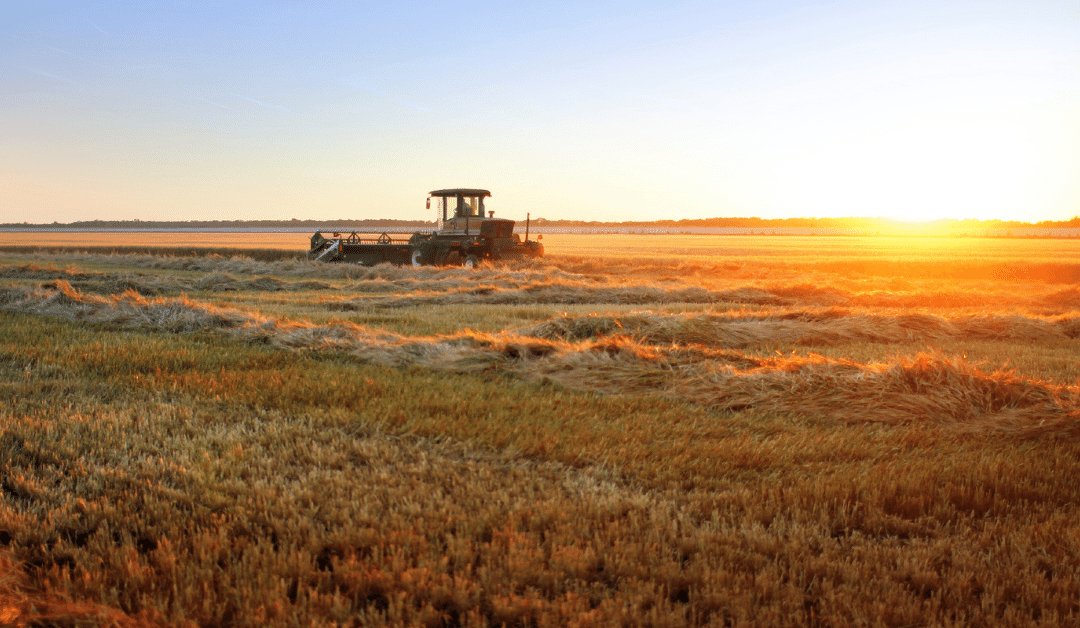
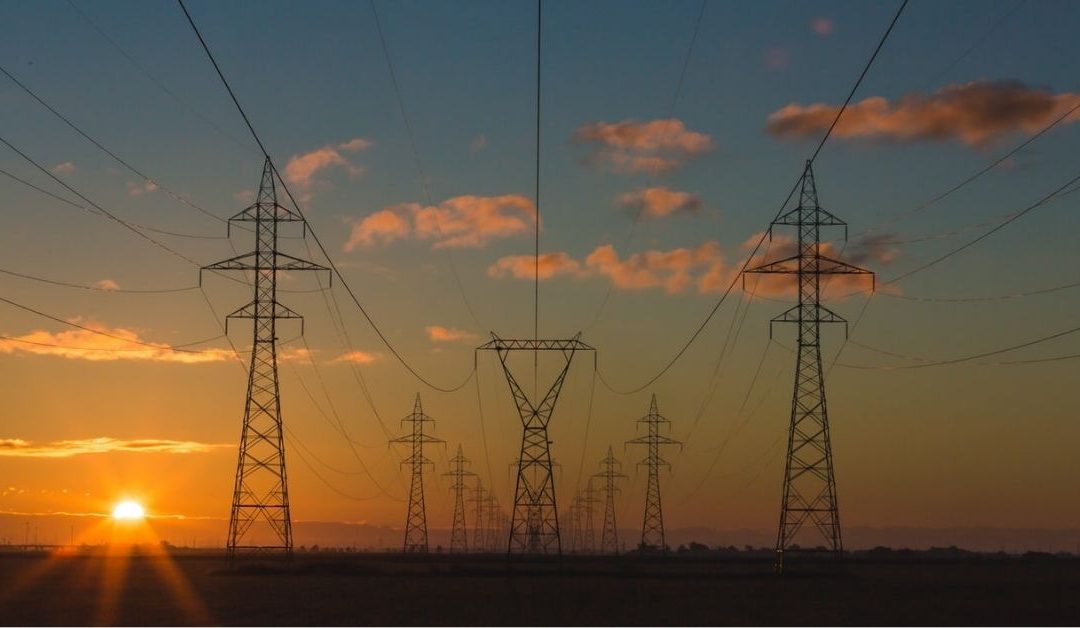
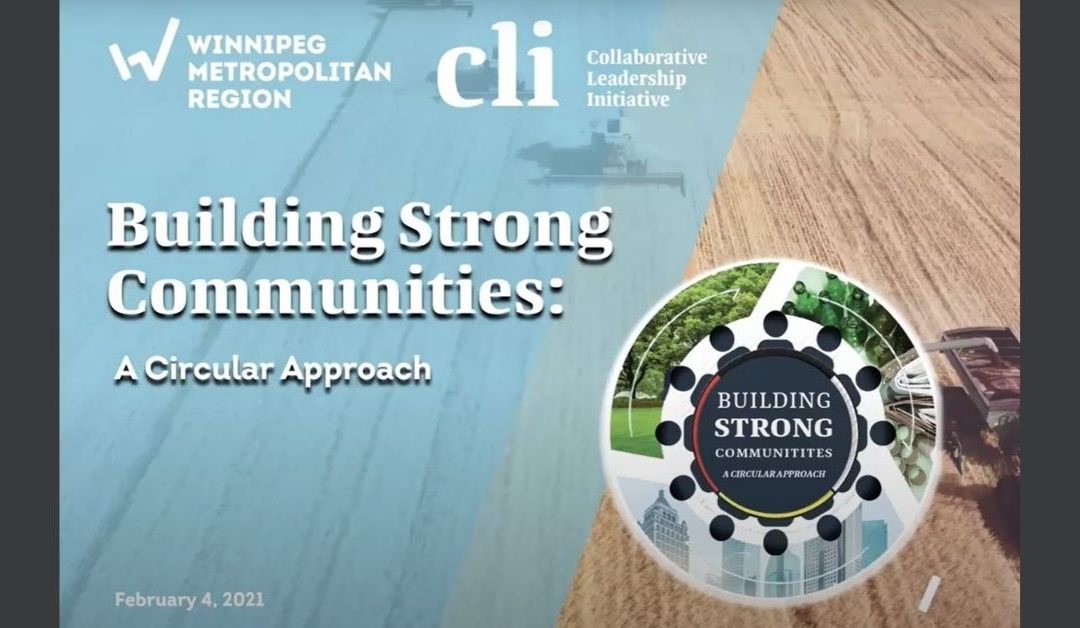
0 Comments